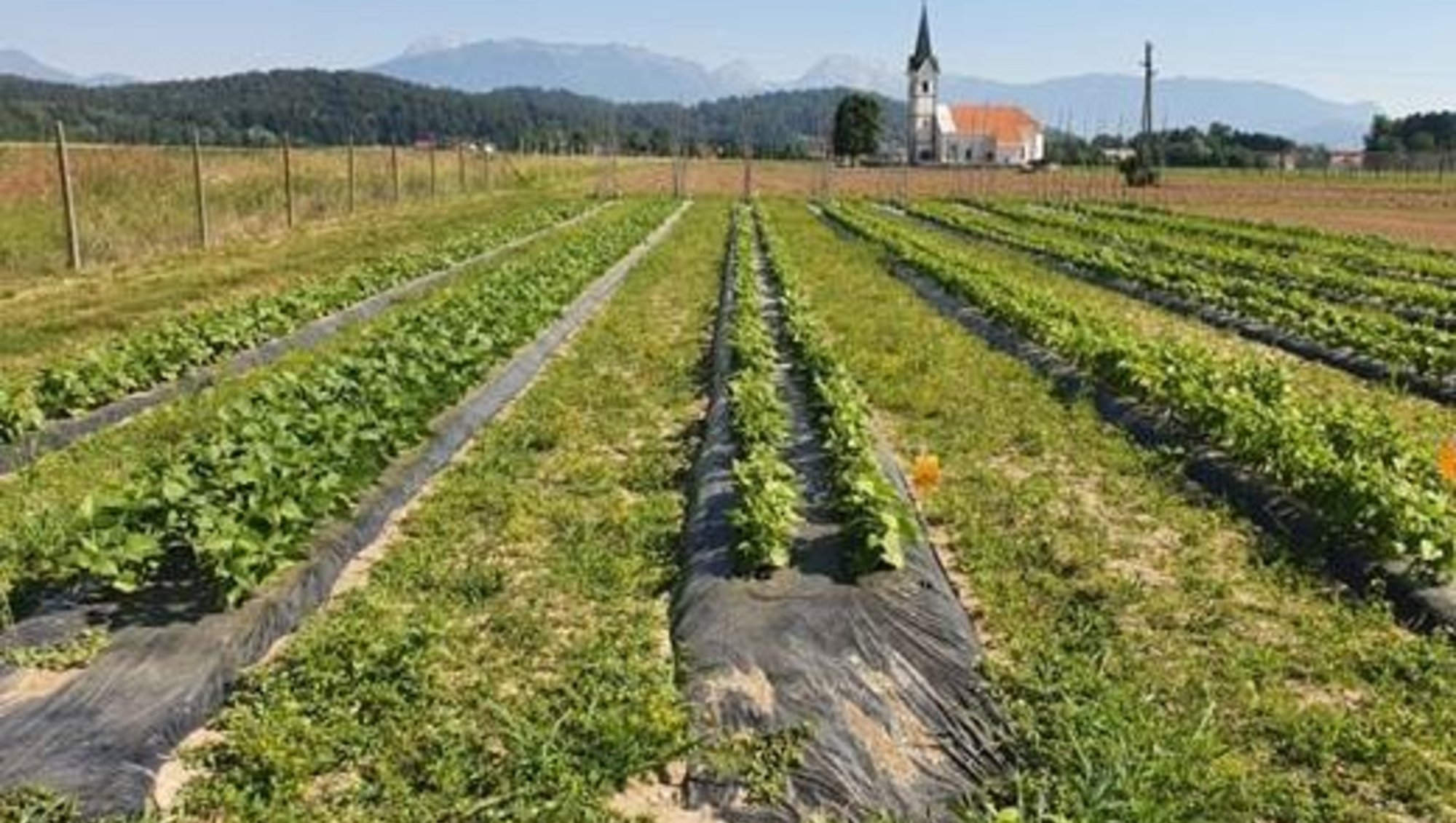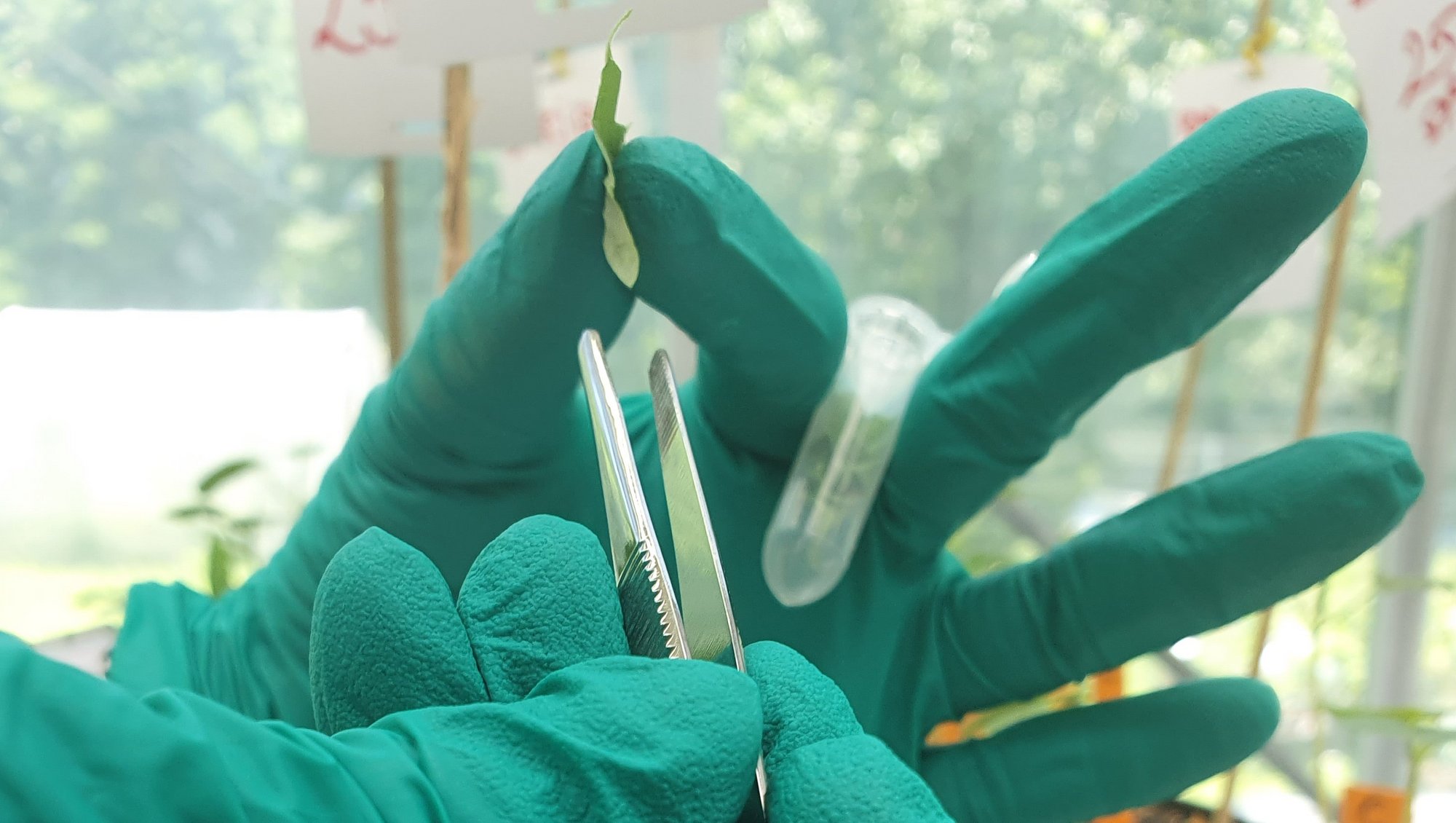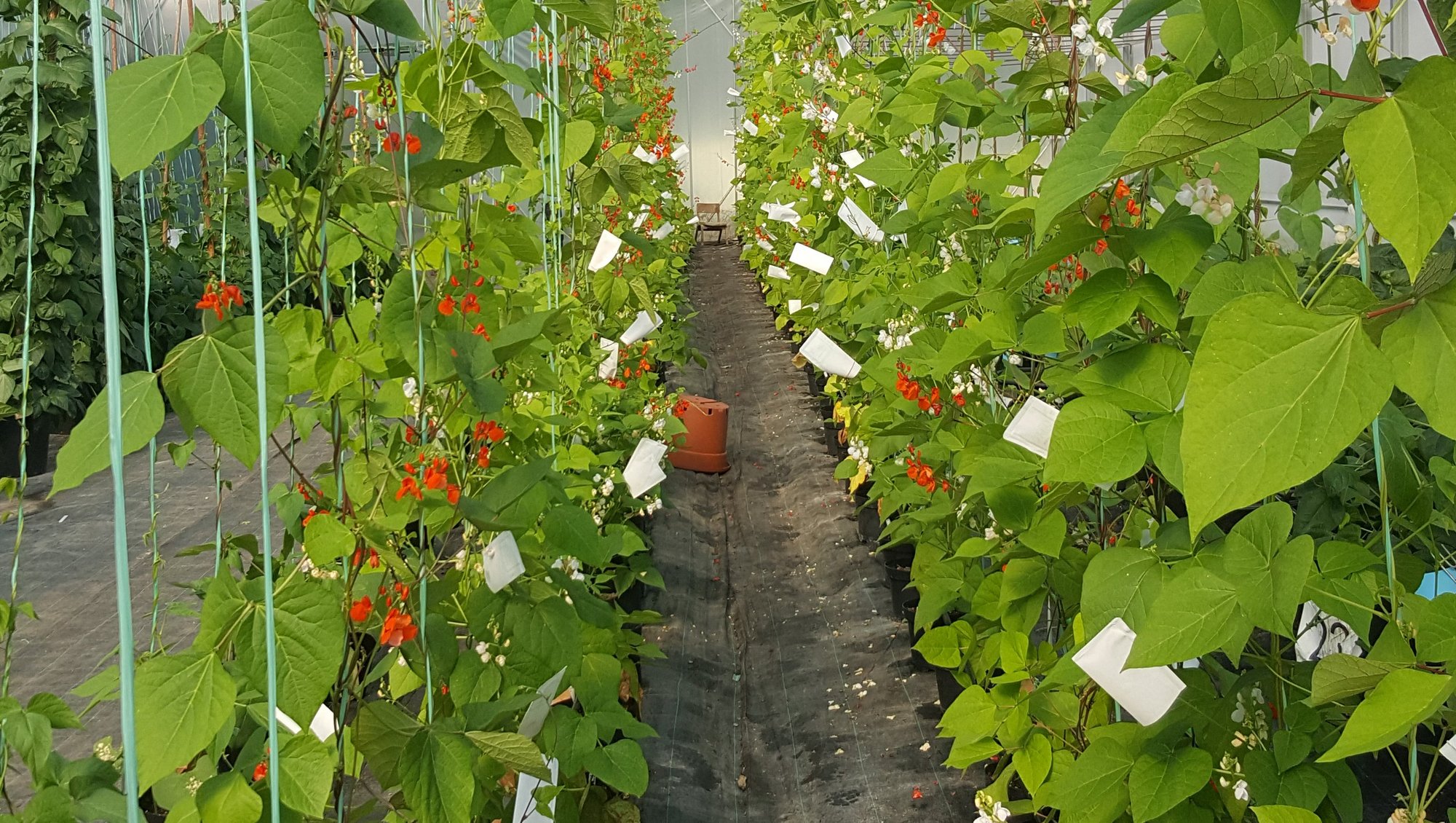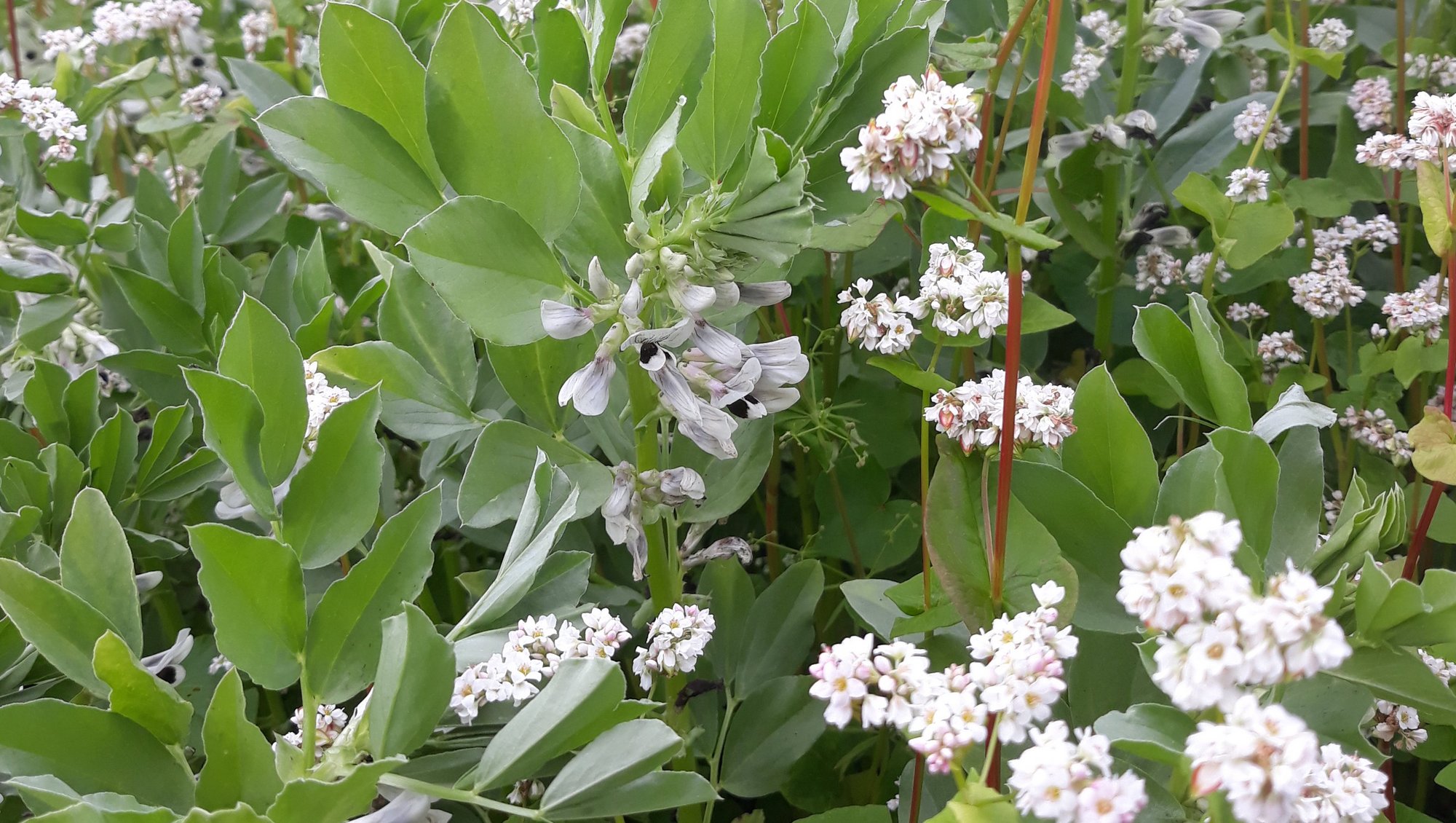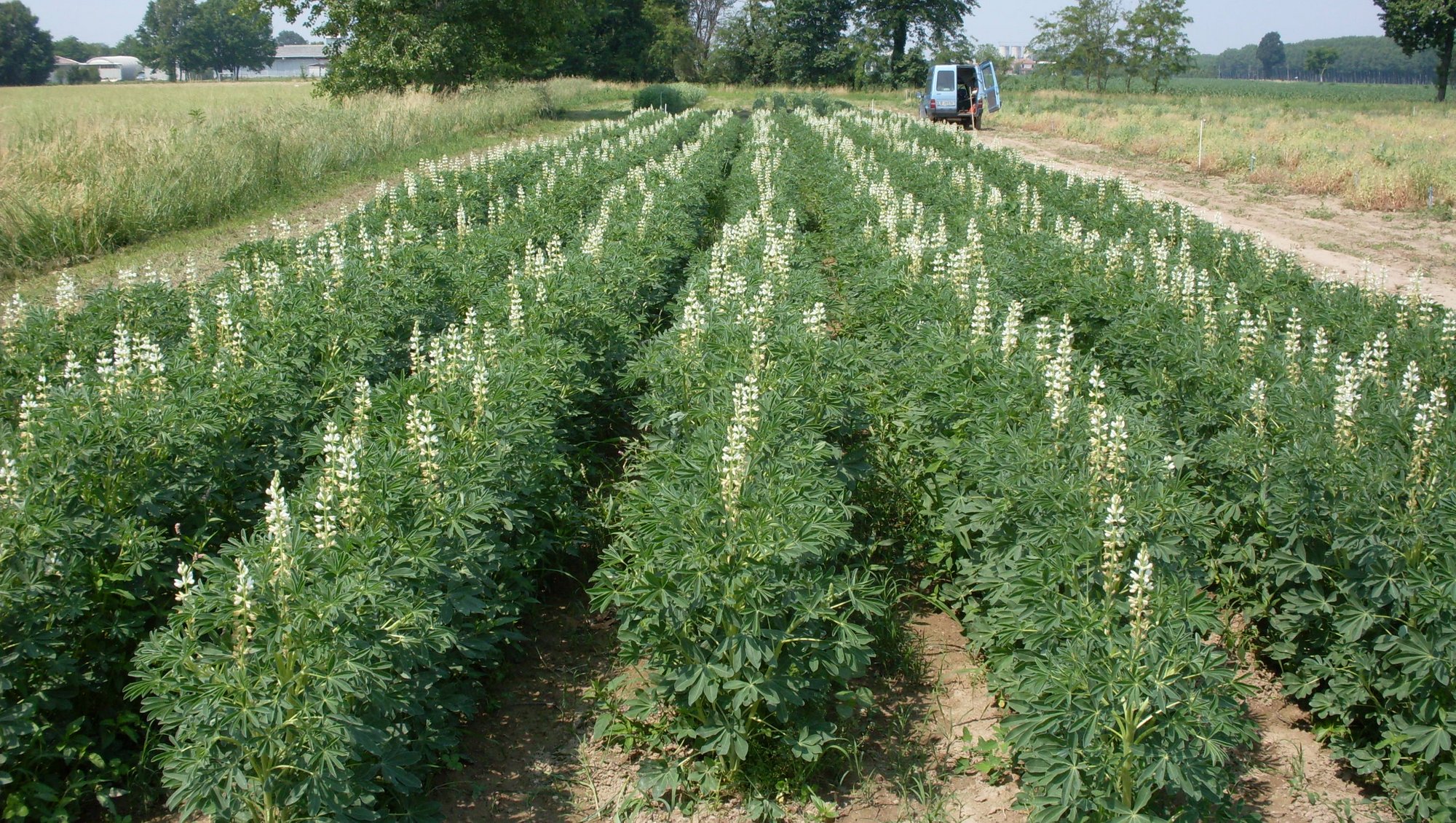DIVERSILIENCE
Improves the productivity and resilience of organic crop production by better utilization of crop diversity
Legume crops have key importance for organic systems due to their N-fixation. A range of species are available but breeding efforts have been limited. Intercropping is known to provide many advantages in terms of agronomic performance and ecosystem services. However, its adoption is limited by possible technical challenges and difficulties in obtaining balanced mixtures, mostly due to poor competitive ability of legume species. Plants of inbred crop varieties and hybrids are genetically uniform. Variety mixtures and evolutionary or composite cross populations are predicted to have positive diversity effects, particularly for disease control.
Aim
DIVERSILIENCE aims to improve the productivity and resilience of organic crop production by better utilization of crop diversity. DIVERSILIENCE will develop novel genetic material, such as seed, along with scientific information aimed to support plant breeding, the development of heterogeneous varieties and the design of intercropping. The work will include several species of grain and legumes, as well as buckwheat and maize. The research work will be performed in Italy, Romania, Slovenia, Bulgaria, Denmark, Finland and Norway.
Expected output
- Characterization of variation in key traits associated with resilience, regional adaptation, intercropping, and production in organic systems of Northern or Southern Europe
- Characterization of the performance of new variety types with intra-specific diversity in comparison with genetically homogeneous material
- Novel crop varieties, novel genotype and species mixtures, novel breeding strategies.
The project step by step
DIVERSILIENCE wants to study and exploit the following levels of genetic diversity:
- Diversity within species, by germplasm improvement aimed to increase adaptation to organic farming and tolerance to challenging abiotic and biotic stresses
- Intra-species diversity, by developing evolutionary populations and variety mixtures of inbred crops and testing their advantage over genetically uniform crops
- Inter-specific diversity, by developing a range of grain and forage legume-based mixtures and testing their advantage over crop pure stands.
Latest reports from the project
Annicchiarico, Paolo et. al. (2025): Value of genetically heterogeneous crops for organic farming according to DIVERSILIENCE results, and implications for organic breeders and farmers.
Annicchiarico, Paolo et. al. (2025): Well-performing heterogeneous varieties developed by DIVERSILIENCE: results and opportunities for introduction into cultivation.
Borgen, Anders et. al. (2025): Farmer-participatory design and assessment of multispecies intercrops of cool-season grain crops.
Cavalli, Daniele et. al. (2025): Farmer-participatory design and assessment of warm-season legume cereal binary associations for southern Europe.
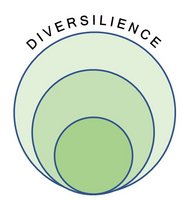
Coordinator & Partners
Coordinator
Norwegian University of Life Sciences, Norway
Åshild Ergon, ashild.ergon@nmbu.no
Partners
- Norwegian Institute of Bioeconomy Research (NIBIO), Norway
- Norwegian Centre for Organic Agriculture (NORSØK), Norway
- Graminor AS, Norway
- Council for Agricultural Research and Economics (CREA), Italy
- Rete Semi Rurali (RSR), Italy
- Acroiris, Italy
- University of Helsinki, Finland
- Natural Resource Institute (LUKE), Finland
- Agrologica, Denmark
- National Agricultural Research and Development Institute (NARDI), Romania
- Agricultural Institute of Slovenia (KIS), Slovenia
- Maritsa Vegetable Crops Research Institute (MVCRI), Bulgaria
Funding institutions
- MESRS, Algeria; BNSF, Bulgaria; DAFA, Denmark; MEM, Estonia; MMM, Finland; BMEL, Germany; MIPAAF, Italy; MENFPESRS, Morocco; RCN, Norway; NCBR, Poland; UEFISCDI, Romania; MKGP, Slovenia; GDAR, Turkey

